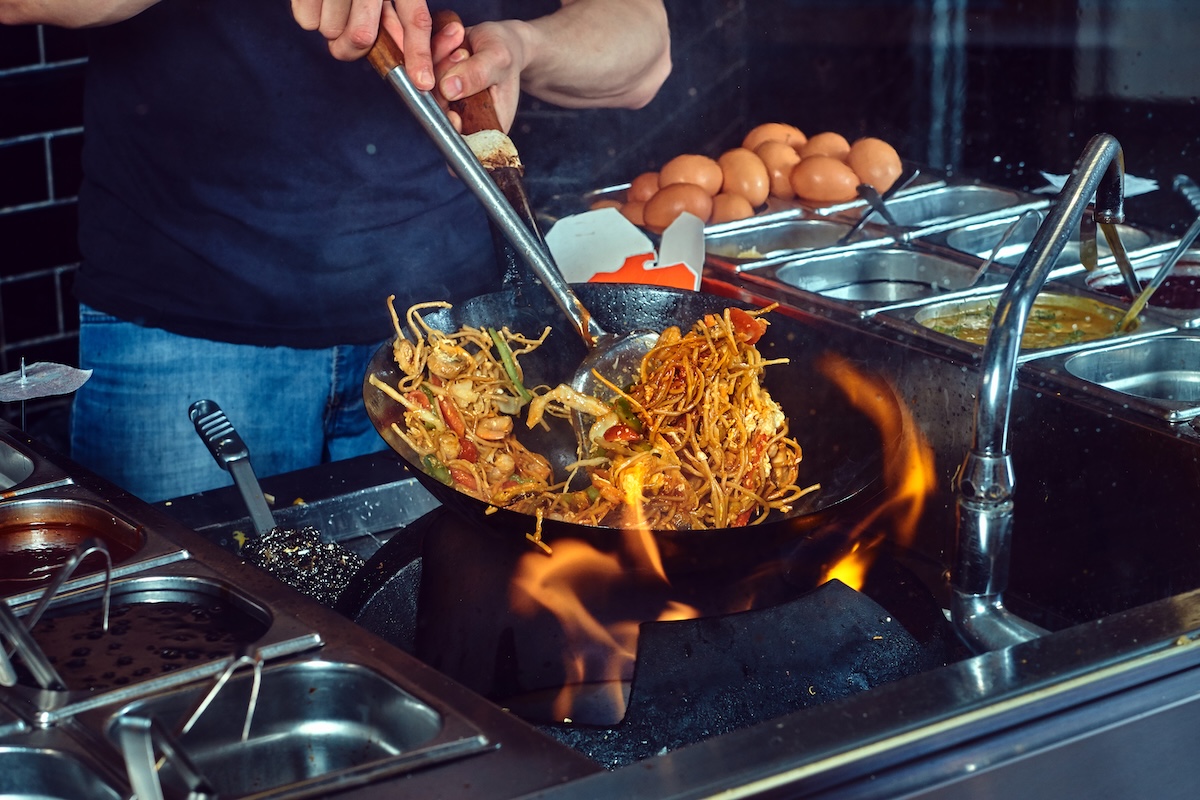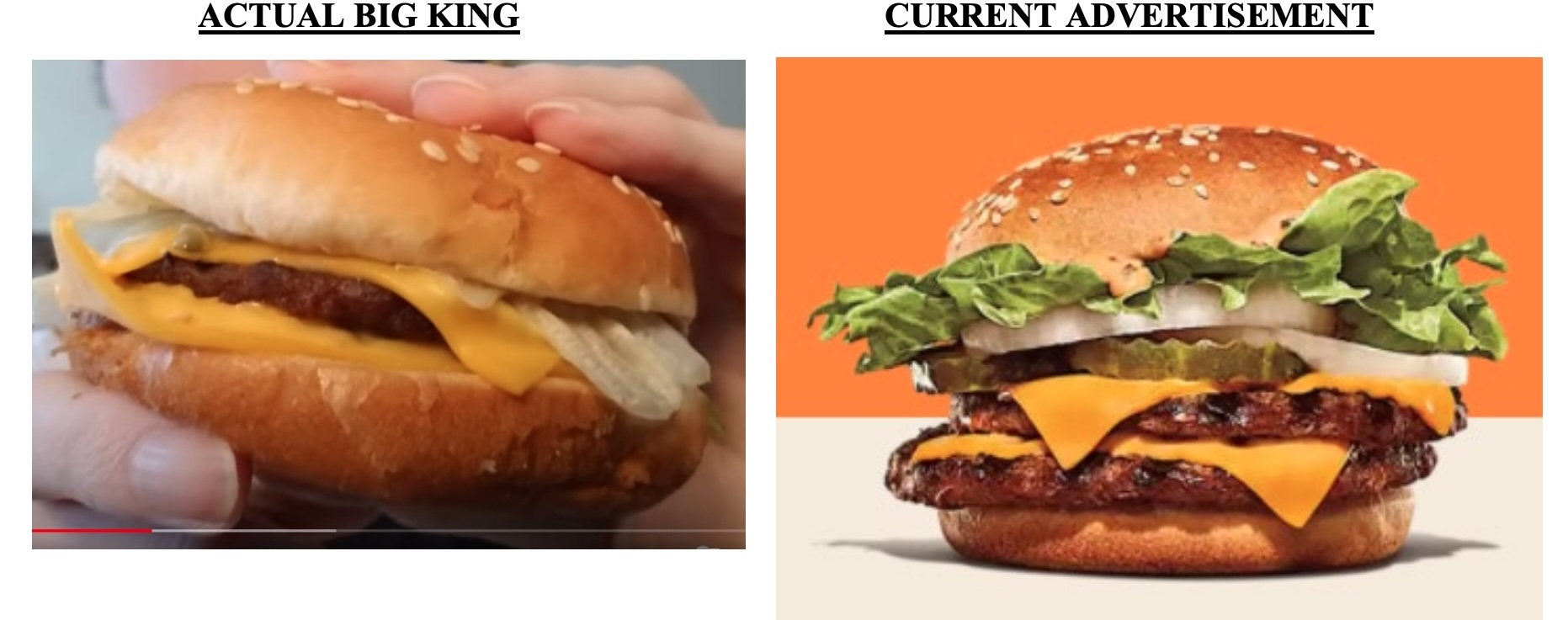Healthy habits require courage, not sacrifice

Have you ever watched one of those hypnotic cooking videos at 2 a.m.? They cook such absurd amounts of food, but somehow it looks so irresistible? And it’s never the “healthy” stuff! It’s always the fatty, sugary, spicy, sizzling dishes that look the most appetizing.
These videos trigger my cravings for e.g. sushi; but it’s not the sushi that I want, it’s the memory of the sushi that I want to re-experience again.1
But if I take a few minutes to really focus on the memory and replay it in my head—making sure to carefully experience every moment and sensation—I’ve satisfied my desire to re-experience the memory, without taking the calorie hit, as I didn’t actually want to eat sushi in the first place.
I imagine the sharp kick of wasabi as it tingles in my nose, perfectly balanced by the salty, savory notes of soy sauce. The chewy, slightly sweet tofu nestled between sticky, tender grains of rice, gliding effortlessly with each bite. I picture the vibrant, candy-colored hues of the fish, with the salmon’s luscious muscle fibers gently separating as I slurp it up. That rich, buttery texture of an under-ripe avocado, with its slightly astringent aftertaste adding depth to every mouthful.
Cravings are triggered by what you see or smell or even hear—it doesn’t necessarily mean you’re hungry.
Maybe I’m grocery shopping and notice some packaged ice cream as I’m wandering down the frozen food aisle in search of something else. I unconsciously start to think about what toppings would be nice to go with it. Almonds? Caramel syrup?
But store-packaged ice cream is the ultra-processed, sugar-packed kind—not exactly the same as the kind of gourmet gelato my subconscious mind would like me to believe is hiding behind the fogged-up refrigerator door.
If I pause to think about the ice cream in detail, I’ll remember that the last time I ate it, the cream was too hard, too artificial-tasting, too sweet, and not as creamy as I’d hoped. I’m not craving the specific ice cream in front of me, it’s just my mind reacting to the visual trigger of the photoshopped packaging, and the store-bought ice cream didn’t even satisfy my craving last time!
 Photo from Coleman et al v. Burger King
Photo from Coleman et al v. Burger King
Do you really want to eat potato chips or are you just looking for something salty? Would salted cashews satisfy the same craving?
Is it chocolate, cake, or just something sweet? Would cherries, bananas, or watermelon work instead? Are you really hungry or do you just need a glass of water? Listen carefully to what your craving is telling you, instead of reacting to the first thing that comes to mind.
Mindfulness in the face of wanting
Inattention applies to all forms of addictions, not just food cravings.2
My vice is picking up my phone after a long and unfulfilling day in an attempt to stave off boredom or loneliness by scrolling through peoples’ lives on social media—but this is not a real social interaction, and I end up mindlessly scrolling until late, feeling overstimulated and drained instead.
I know it’s a trap, but to avoid falling into it I would have to carefully reflect and admit that I’m feeling lonely in the moment, which is uncomfortable because I don’t like to think of myself as a lonely person—that’s for “losers” who don’t have friends, and that’s not me!
But! If I spend 4 hours scrolling through social media instead of calling my family, writing a letter to a friend, or saying hi to my neighbour, then I’m behaving identically to how a loner would!
Self-reflection requires courage to confront my real feelings.3 When I do, the alternatives—exercise, spending time with those I love, meaningful work—will feel more genuinely aligned with who I truly am, and not feel like sacrifices I need to make to suppress my “wants”. I didn’t “want” the junk food or the social media in the first place; they were knee-jerk cravings that arose without mindful reflection of where they came from.
Attention and well-being
If you took this to the extreme, you could argue that with enough mindfulness you could live a satisfied, ascetic life free from all worldly desires—maybe that’s why monks give up everything to live in their mountain temples?
But we don’t need to be that radical, if we only take more time to experience life as we are living it, paying attention to every detail of our senses, yielding space for any feeling as it arises.
Otherwise, if you aren’t paying attention, you can go your entire life without ever having truly eaten sushi even once.
I only publish half of my writing publicly. You can read the rest of my essays on my private email list:
Subscribing is free, no spam ever, and you can safely unsubscribe anytime
Footnotes
-
or probably the convenience of not making my own food ↩
-
From The Acceleration of Addictiveness:
The world is more addictive than it was 40 years ago. And unless the forms of technological progress that produced these things are subject to different laws than technological progress in general, the world will get more addictive in the next 40 years than it did in the last 40.
-
Although “losers” is derogatory, an additional benefit of self-reflecting is I can see the circumstances where I would be that “loser”, giving me empathy and helping me non-judgmentally understand why someone would act in that way. ↩
